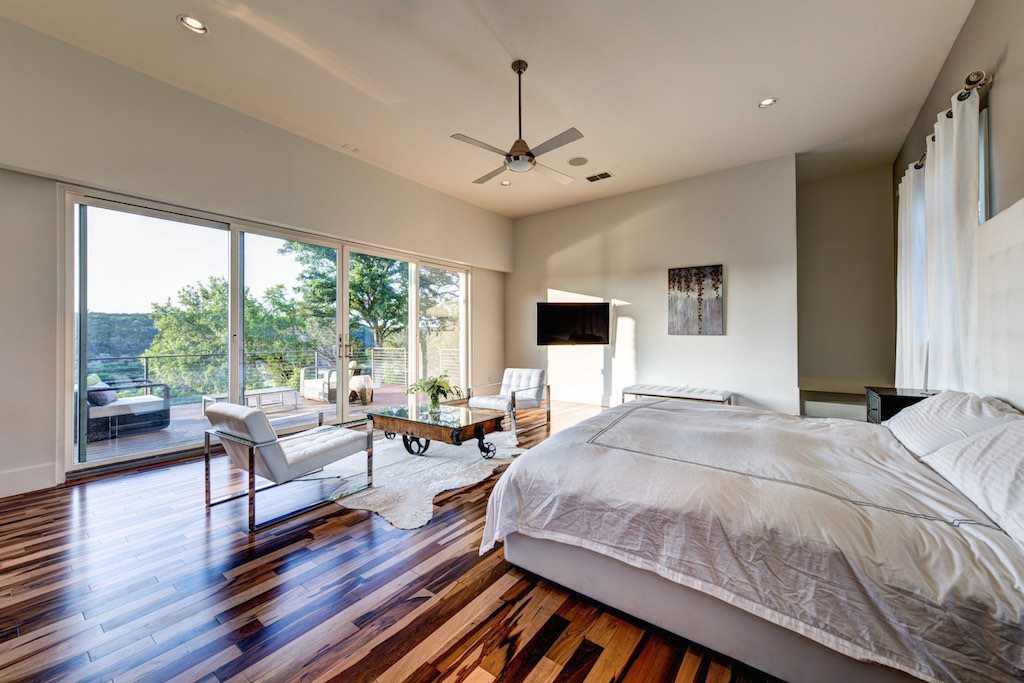Hyatt's $22 Million Charge Underscores Hotels' Homesharing Struggles

Skift Take
Seems like both Hyatt and AccorHotels are struggling to find ways to make private accommodations work with their current business models. But we don't think they should give up hope just yet.
Hyatt Hotels Corporation, not unlike AccorHotels, seems to be having some difficulty making homesharing work.
Nearly a year after the company announced it was investing in Oasis, a private accommodations provider, the company revealed Wednesday it had to take a $22 million impairment charge related to its investment.
"That impairment relates to Oasis, which is the alternative accommodations investment that we made last year," Hyatt chief financial officer Pat Grismer said, in response to a question from an investment analyst during Hyatt's second quarter earnings conference call. "Oasis has underperformed our expectations as it relates to the scalability of that business and the synergies to be realized through the alliance with Hyatt. The business has consistently experienced shortfalls in operating cash flow and so, as a consequence, we felt that it was prudent to impair our investment to date."
Just last week, AccorHotels revealed it took a $288 million writeoff for its investments in Onefinestay, a luxury homesharing platform of which Hyatt used to be a major investor in, and in concierge services provider John Paul.
Both Hyatt and AccorHotels' disclosures about their respective investments in the alternative accommodations space suggest that the hotel industry needs a better strategy for integrating that new business into their existing business models.
